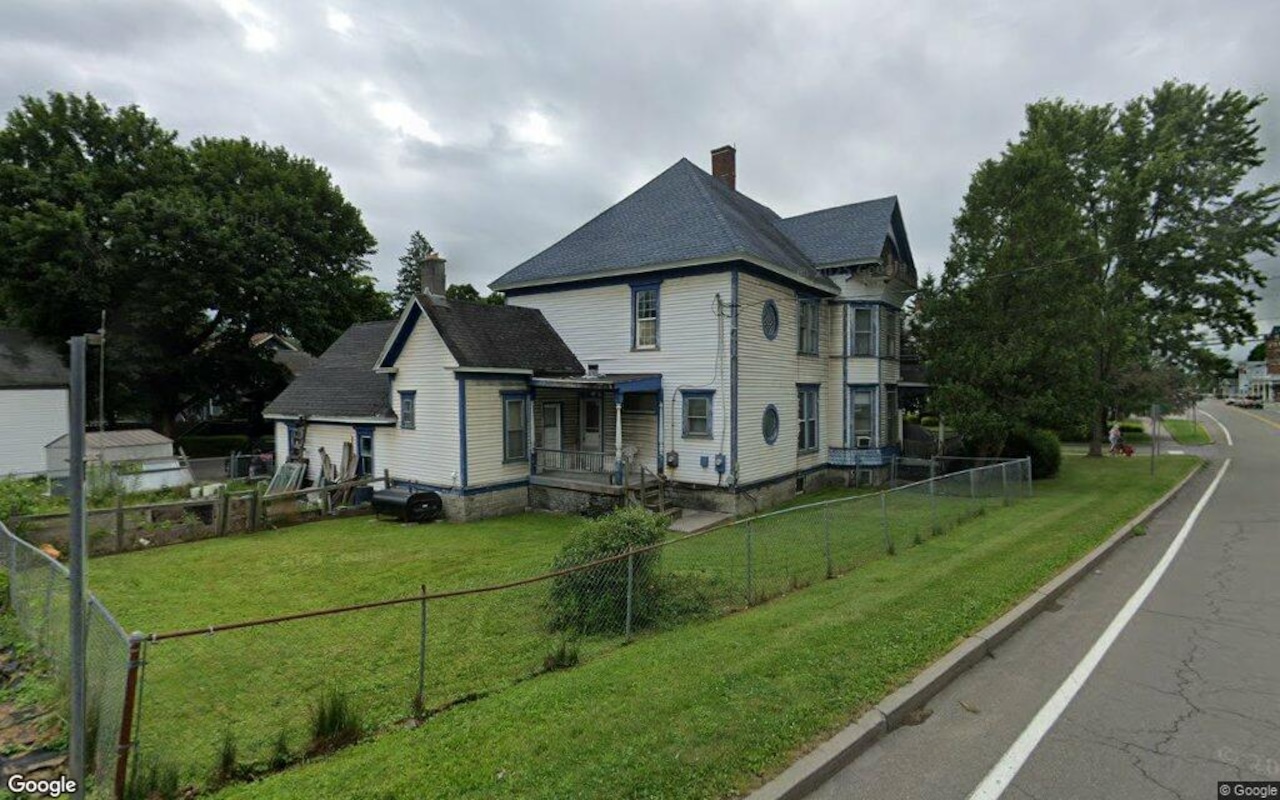N
ew York‑based investors have allegedly run a real‑estate fraud scheme that has triggered a surge of foreclosures in Baltimore, a local investigation revealed. The Baltimore Banner’s months‑long probe uncovered a network linked to EGBE Ventures and investors Eluzer Gold and Benjamin Eidlisz. The group is accused of buying more than 700 homes—most in predominantly Black neighborhoods—at prices far above market value, then securing DSCR loans that totalled roughly $100 million from dozens of private lenders. The loans were backed by projected rental income that never materialized.
The report notes that many purchases were recorded at inflated prices. In one instance, a townhouse was bought for $100,000 after selling for $13,000 five years earlier, with a $220,000 loan attached. The surplus money allegedly flowed to an LLC controlled by Eidlisz, yet there is no evidence of the promised renovations. Of the properties tied to the scheme, over 70 % lack any renovation permits since 2019, contradicting claims of significant improvements. Today, more than half of the portfolio is in foreclosure, raising concerns about neighborhood stability, falling property values, and displaced tenants.
Foreclosure activity in the Baltimore metro area jumped 26 % in the third quarter versus the prior period and rose 11 % year‑over‑year, according to ATTOM data.
Maryland Secretary of Housing and Community Development Jake Day said his office is monitoring the affected properties and working with local partners to mitigate damage. “This activity does not reflect the broader Baltimore home‑acquisition and renovation market,” Day told Realtor.com. “It will not derail our 15‑year plan to eliminate vacancy.” His department is collaborating with the mayor’s office and community‑development groups to track market shifts and spot redevelopment opportunities for vacant sites.
Pete Mills, senior vice president of the Mortgage Bankers Association, emphasized that the case involves real‑estate fraud, not mortgage fraud. “The scheme involved appraisers and title‑company actors who deliberately bypassed the protocols lenders rely on to protect themselves from fraudulent transactions,” Mills said. “Both lenders and tenants are victims of this fraud.”
RCN Capital, one of the lenders targeted, said it was deceived by the scheme. “A group of bad actors orchestrated a sophisticated operation that exploited vulnerabilities in reputable lenders’ processes,” the company stated.
The U.S. Attorney’s Office in Maryland declined to comment amid the federal shutdown, and the Baltimore City State’s Attorney’s Office did not respond to inquiries. Attempts to contact Gold, Eidlisz, or their legal representatives were unsuccessful, Realtor.com reported.














